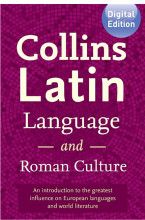Major Movements in Psychology - Humanistic Theories
8 important questions on Major Movements in Psychology - Humanistic Theories
What philosophical and psychological schools influenced humanistic psychology?
The philosophical movement of Existentialism came out of these circumstances and provided a backdrop for the humanistic psychologists. Phenomenology also influenced the humanistic psychologists with its focus on the rich complexity of subjective experience.
With regard to psychological schools, the functionalism of William James also played a role, as did the holistic theories of the Gestalt psychologists.
What is meant by third force psychology?
Who was Abraham Maslow
- Higher grades + faster learning
- Never study anything twice
- 100% sure, 100% understanding
What did Maslow mean by self-actualization?
What did Maslow mean by peak experiences?
What impact did humanistic psychology have on the practice of psychotherapy?
Who was Carl Rogers?
While Rogers has been criticized for a relative disregard of negative emotions and interpersonal conflict, therapeutic empathy is now universally recognized as an essential ingredient of psychotherapy.
What did Rogers mean by unconditional positive regard?
These notions are similar to Maslow's concepts of B-love and D-love.
The question on the page originate from the summary of the following study material:
- A unique study and practice tool
- Never study anything twice again
- Get the grades you hope for
- 100% sure, 100% understanding
































